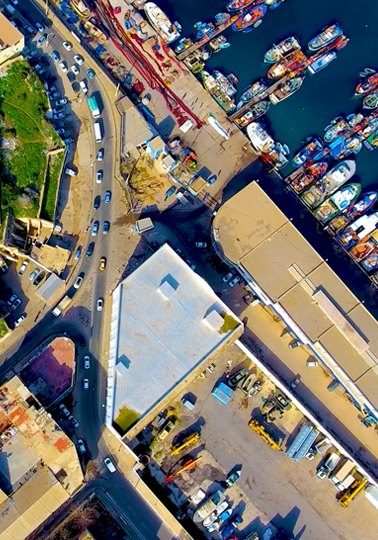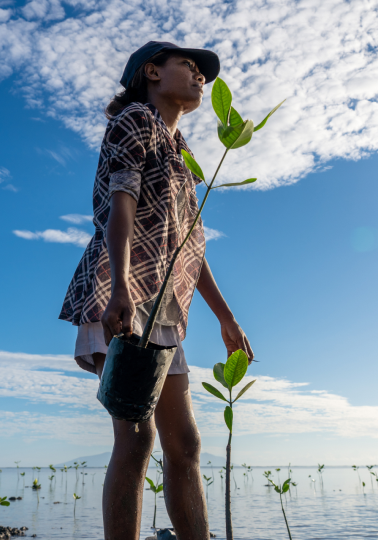UNGA 79 & NYC Climate Week Key Takeaways
Facing the uncertainty of unmanaged risks
Over 1000 global leaders convening at UNGA 79 and New York Climate Week were challenged to confront connected and colliding global crises driving an unsustainable world.
With less than 60 days until the next major UN convening, COP29, it’s clear that governments, businesses and international relief groups alike are looking for creative ways to manage rising risks and uncertainty. The response is increasingly insurance, with a visible uptick in events focused on how insurance is being used as a development finance tool – from the food system transition and nature protection to the resilience of global value chains.
Highlights:
- World leaders adopt a Pact for the Future, setting out a clear vision of an international system that can deliver on its promises
- Annual climate change funding needs estimated in the trillions, pushing leaders to look beyond their own budgets for innovative ways to boost climate financing.
- 12 critical months to deliver on the energy transition and ambitious commitments – with a clear need for strong leadership across government, business, development and civil society
- Call for increased multilateral cooperation extends to multilateral development banks whose reform – and the debt crisis - will be in the spotlight at the upcoming World Bank annual meetings
Insurance and Risk Finance Facility at Climate Week
Strengthening SMEs and Global Supply Chains for a Climate-resilient Tomorrow

- The Permanent Mission of Italy to the United Nations, Generali and UNDP’s hosted a session discussing increasingly interconnected supply chains – and need to recognize that impacts of crises on people and businesses across the world can ripple into our daily lives.
- Tackling rising and interconnected risks will require partnerships that leverage the complementary strengths of the public and private sector.
- Generali and UNDP have a partnership which focuses on building the resilience of small businesses and global value chains to rising climate risks.
- Spotlight on coffee value chains, and the interconnectivity between the economies of developed and developing countries eg. strategic importance of ensuring a consistent supply of high-quality coffee beans which requires building the climate resilience of coffee farmers.
De-risking the transition to sustainable food systems
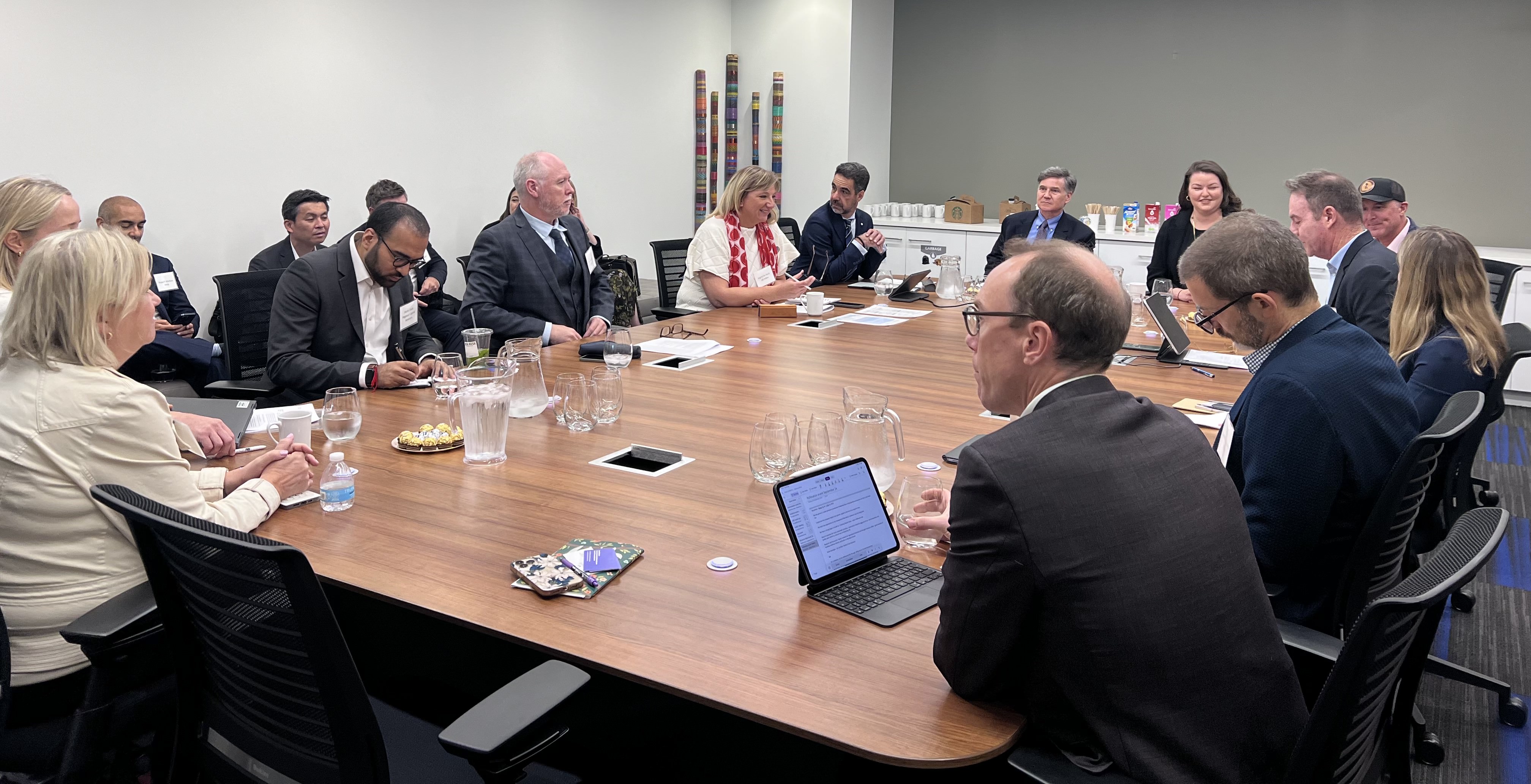
- Round table discussion convening governments, insurers, investors and food companies, hosted by Pollination and UNDP - with thanks to Zurich Insurance Group for hosting this roundtable at their New York offices - highlighted that there is a significant opportunity to develop and implement financial solutions for smallholder farmers, particularly by embedding these programs into value chains through large food and beverage companies.
- Insurance must be integrated with other support mechanisms to create a holistic approach to de-risking smallholder farming and encouraging sustainable agricultural practices.
- Role of DFIs and public and private banks in supporting the development of holistic loan packages for farmers.
- Interest from investors and financial institutions to explore how regenerative practices, sustainable agriculture, and insurance can be integrated into agricultural business models.
A balanced strategy is needed—one that addresses opportunities for cash crop and monocrop farmers without leaving behind the diversified farms that feed local communities and provide more sustainable livelihoods.
Science and data are powering innovated solutions to protect and restore nature
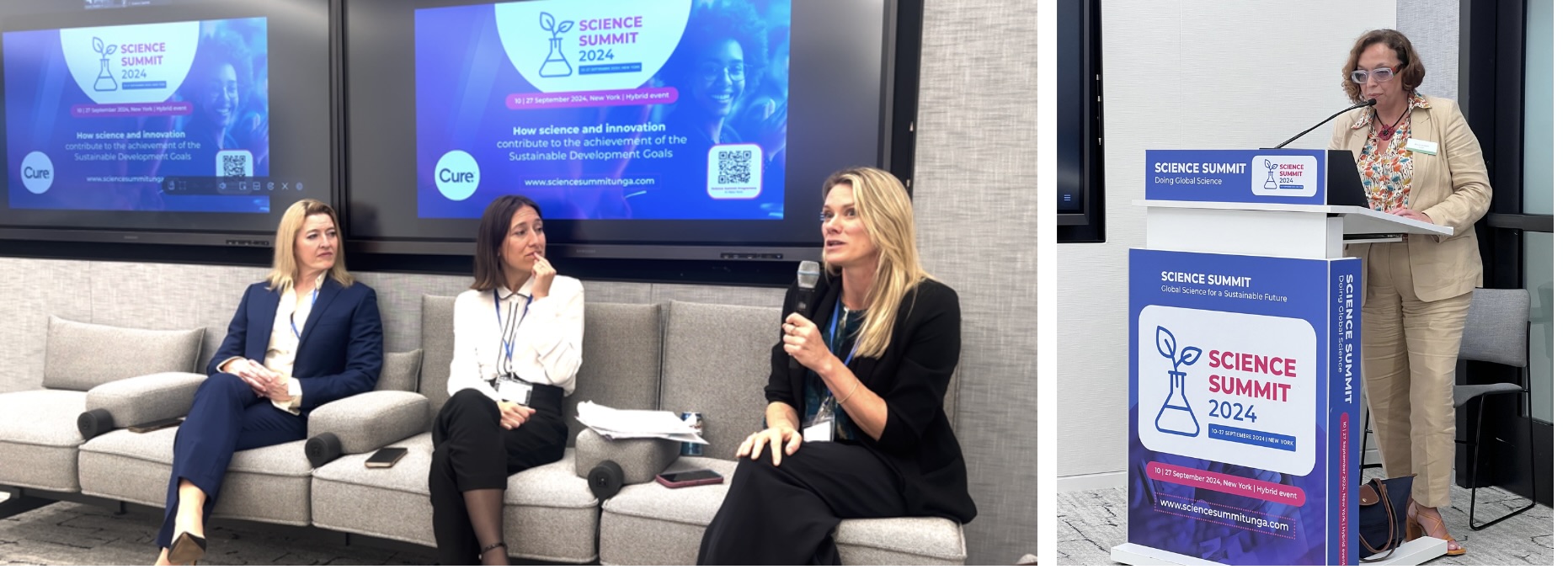
- Biodiversity loss and its main drivers may be well documented, but quantification of economic and business impacts on nature are still nascent fields- one risk being sovereign risk mispricing due to nature and biodiversity loss not taken into account
- Nature resilience is often talked about as responsivity – in order for insurance to make a difference it must be more responsive. Data-driven parametric based insurance products use data and an agreed trigger eg. at a certain wave height, coral reefs are at risk. The insurance mechanism responds and pays out immediately as opposed to a conventional claim process
- Blended finance solutions for nature have benefitted from science - neural basis expansion analysis for interpretable time series forecasting is being used to underpin the S&P Green Bond Index which has been developed specifically to meet the growing demand for transparent and credible green bond benchmarks.
A sustainable financial system that supports sustainable ocean ecosystems

- The Ocean Risk and Resilience Action Alliance convened over 90 members to highlight progress and test new ideas to scale investment into a regenerating and sustainable ocean.
- Pilots which used insurance to build coastal resilience (such as microinsurance for small scale fishing communities) highlighted that more effort is needed to scale these solutions to other places
- UNDP and ORRAA are deepening their partnership to focus on getting the right governance systems in place, shifting from starting pilots to accelerating projects which can only be done if the right governance mechanisms are in place
- Shared objectives include viable investments opportunities into regenerative and sustainable oceans, supporting investment in the Global South
UNDP's Insurance and Risk Finance Team also contributed to events on scaling people’s resilience to achieve food, water and energy security, financial inclusion through Takaful and South-South and triangular cooperation to strengthen multi-stakeholder ownership and commitment.
As part of our COP28 focus on advancing inclusive insurance, risk finance and overall development, the Facility released three new country diagnostics at UNGA79 - mapping key risks, the current state of inclusive insurance and risk finance in India, Mozambique and Comoros. We also released a new narrative on building short and longer term financial resilience in a world of rising risk, hazard and shocks. We welcome your feedback and ideas to strengthen both our offer and our collaboration.
To find out more please contact ceandra.faria@undp.org
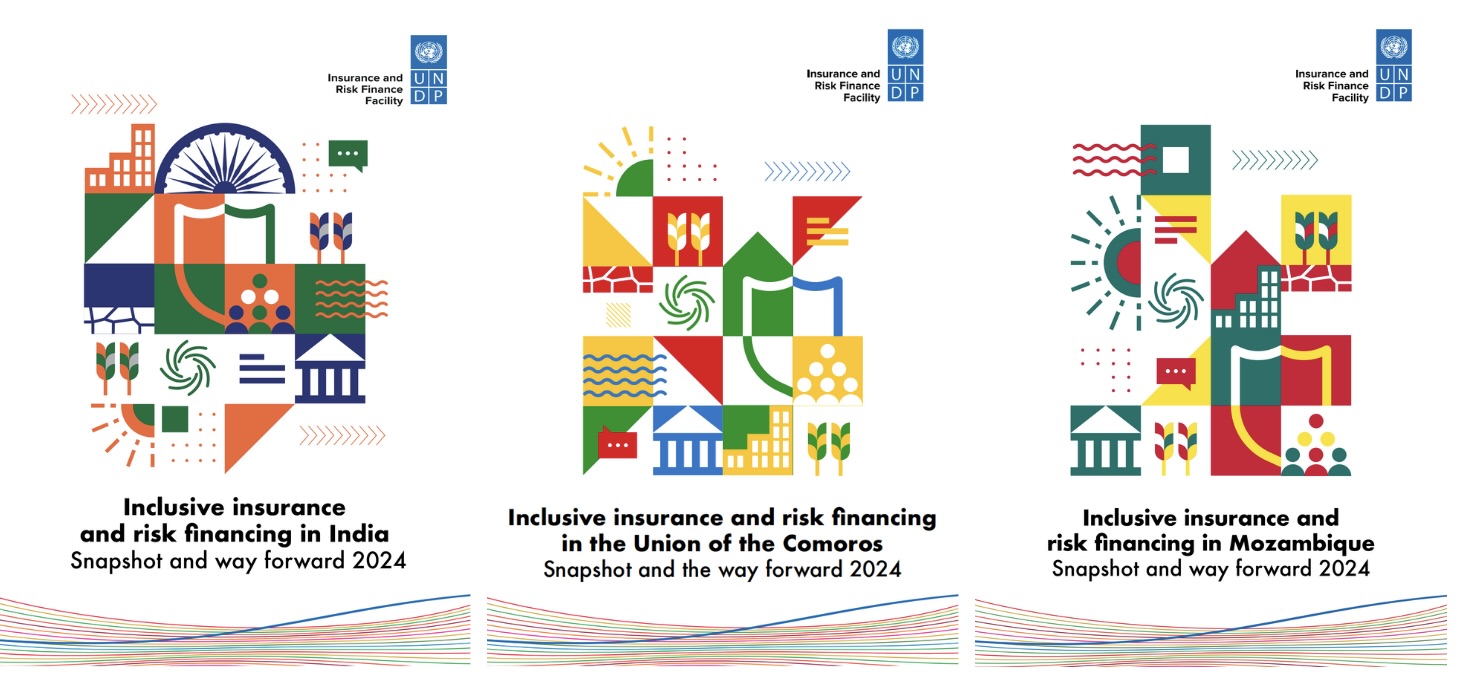
What’s next?

Join us at UN CBD COP16 - the first Biodiversity COP since the adoption of the Global Biodiversity Framework in 2022. During COP 16, UNDP’s Insurance and Risk Finance Facility will advance the resilient nature agenda, including insurance mechanism and mutil-stakeholder governance processes that align with the targets of the Global Biodiversity Framework and National Biodiversity Strategies and Action Plans (NBSAPs).
“I stand before you in this whirlwind convinced of two overriding truths – first, the state of our world is unsustainable…. second, the challenges we face are solvable. We have a long way to go and getting there means confronting three main drivers of unsustainability. A world of impunity…a world of inequality… and a world of uncertainty where unmanaged global risks threaten our future in unknowable ways.”
— U.N. , Secretary-General António Guterres




